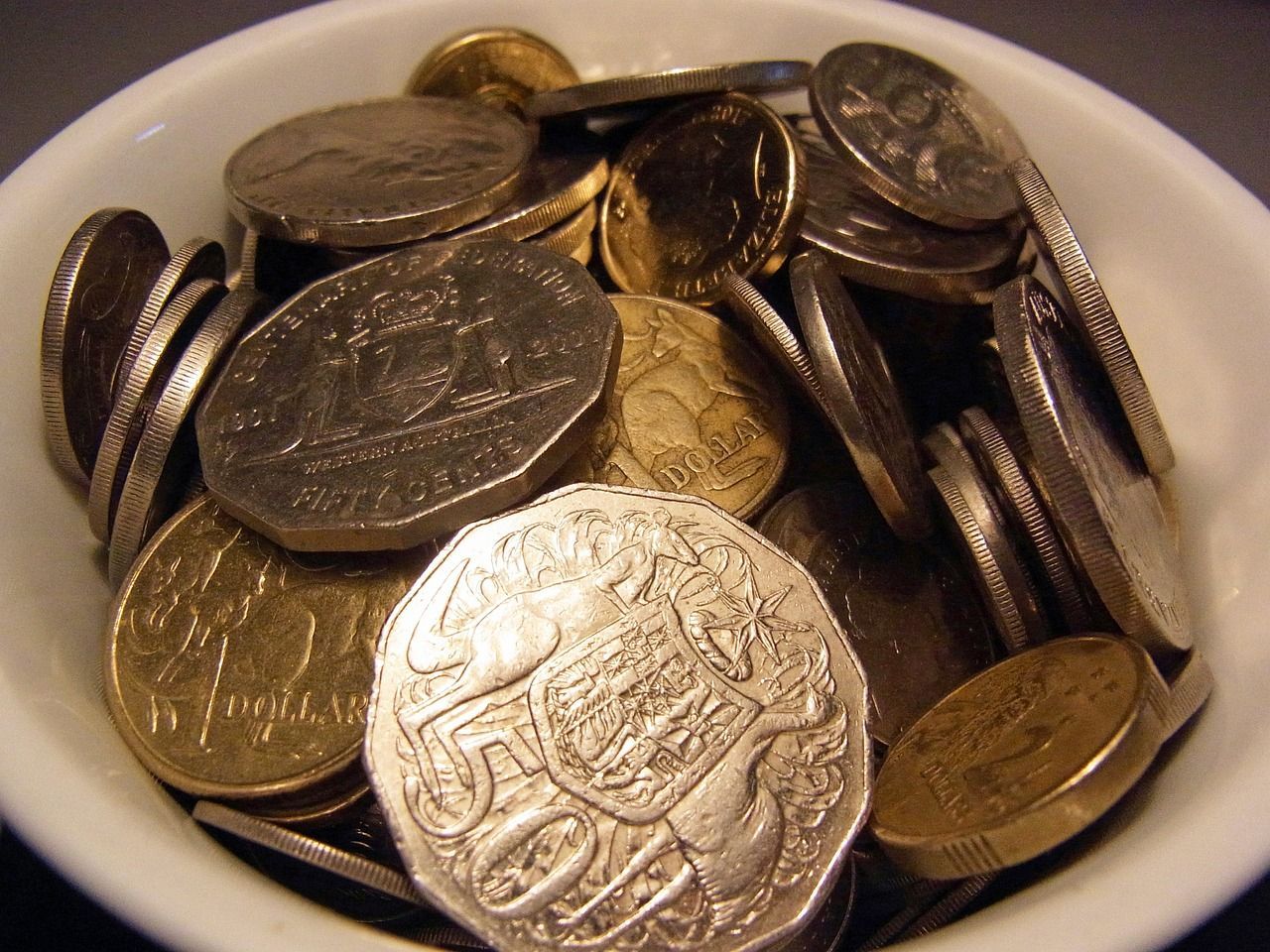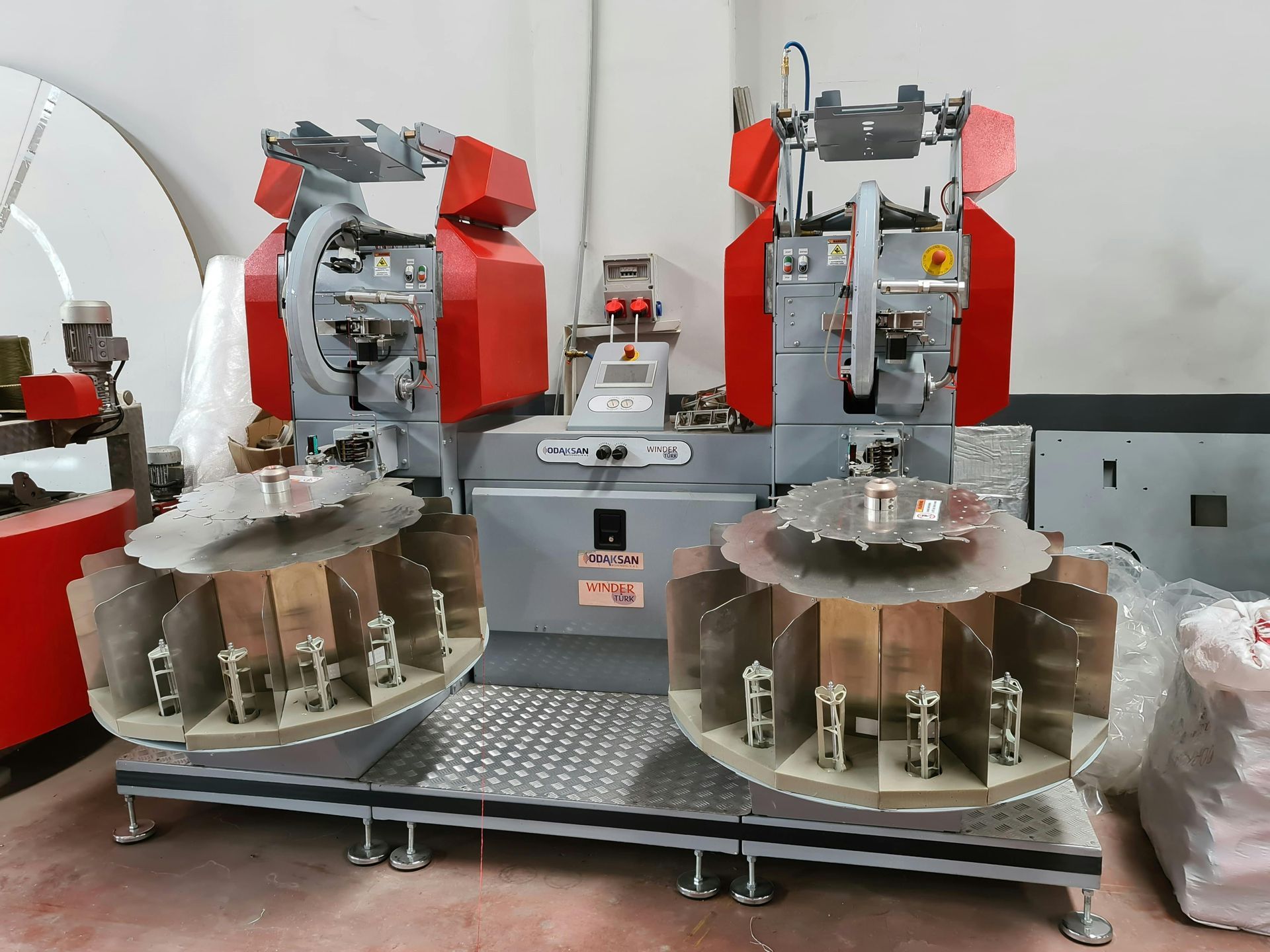Why is my tax refund so small?
Clarke McEwan Accountants

Why is my tax refund so small?
The tax refund many Australians expect has dramatically reduced. We show you why.
There is a psychology to tax refunds that successive Governments have been reticent to tamper with. As a nation, Australia relies heavily on personal and corporate income tax, with personal income tax including taxes on capital gains representing 40% of revenue compared to the OECD average of 24%. And, for the amount we pay, we expect a reward.
The reward is in the form of tax deductions that reduce the amount of net income that is assessed for tax purposes and tax offsets that reduce the tax payable, generating a refund for some. And, refunds have a positive impact on tax compliance.
As part of the previous Government’s efforts to flatten out the progressive individual income tax system, a time-limited low and middle income tax offset was introduced. The lifespan of the offset was extended twice, partly as a stimulus measure in response to COVID-19. The offset delivered up to $1,080 from 2018-19 to 2020-21, and up to $1,500 in 2021-22 for those earning up to $126,000. This was a significant boost for many people each tax time and bolstered the tax returns of millions of Australians. For many, the end of this offset has meant that their tax refund has reduced dramatically compared to previous years.
Do we pay more tax than other nations?
It depends on how you look at the statistics. Australia relies heavily on income tax, collecting 40% of tax revenue from personal income. That makes Australia the fourth highest taxing nation for personal tax in the OECD – but we were second highest in 2019 if that makes you feel better. But, if you are looking at take home pay there is a separate measure for that. The Employee tax on labour income looks at our take home pay once tax is taken out and benefits have been added back in. This shows that the take home pay of an average single worker is 77% of their gross wage compared to the OCED average of 75.4%. For the average worker with a family (one married earner with 2 children), once tax and family benefits are taken into account, the Australian take home pay average is 84.1% compared to the OECD average of 85.9%. All of this means that Australia is a high taxing nation but returns much of that in the form of means tested benefits.
Australia also does not have social security contributions like other nations. These contributions represent an average of 27% of the total tax take for OECD nations.
And, because Australia has a progressive tax system, the pain of taxation is felt more by higher income earners. The top 11.6% of Australian income earners contribute 55.3% of the tax revenue from personal income tax.
With the final round of legislated income tax cuts due to commence on 1 July 2024, this should reduce the overall dependence on personal income tax relative to corporate and other taxes.
So, do we personally pay more tax than other nations? If you are a high-income earner the answer is likely to be yes. If not, the answer is no.
As Benjamin Disraeli reportedly said, “…lies, damn lies, and statistics”. It’s all how you read it.
Is a second job worth it?
In an Uber the other day, the driver revealed that he had become a driver to pay for his second mortgage. He invested in property but with interest rates spiking, the only way he could hold onto the property was to earn additional income. His “day job” starts early and ends at 3pm at which time he heads off to start driving.
He is not alone. The latest stats from the Australian Bureau of Statistics reveal that the number of workers holding multiple jobs has increased by 2.1% since December 2022 – in total, Australia has 947,300 people holding multiple jobs or 6.6% of the working population.
The reason why people take on second jobs is varied. For some, it is to manage increasing costs, for others it is to start up a new venture but with the security of a regular income stream from their primary occupation.
Is it worth it?
From a tax perspective, Australia has a progressive income tax system – the more you earn the more tax you pay, and access to social benefits tapers off. It’s important when looking at a second job to understand your overall position – how much you are likely to earn, your costs of generating income, and what this income level will mean.
The trap for many picking up a ‘gig economy’ second job is that they are often independent contractors. That is, you are responsible for managing your tax affairs. All Uber drivers for example, are required to hold an ABN and be registered for GST. There is a compliance cost to this and from a cashflow perspective, 1/11th of the fee collected needs to be remitted to the Tax Office once a quarter. It’s important to quarantine both the GST owing and income tax to ensure you have the cashflow to pay the tax when it is due. The upside is you can claim the expenses related to your second job.
If you are taking on a second job, ensure that your tax-free threshold applies to your highest paying job from a PAYG withholding perspective.







